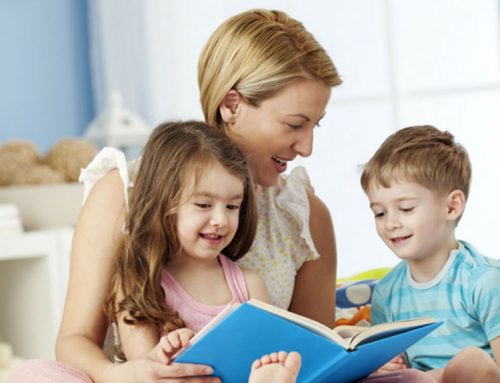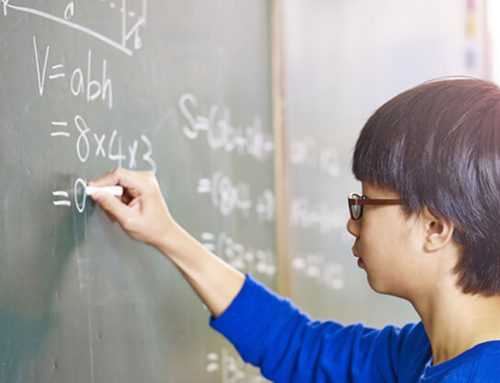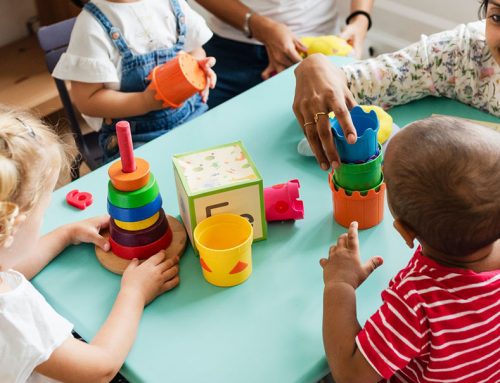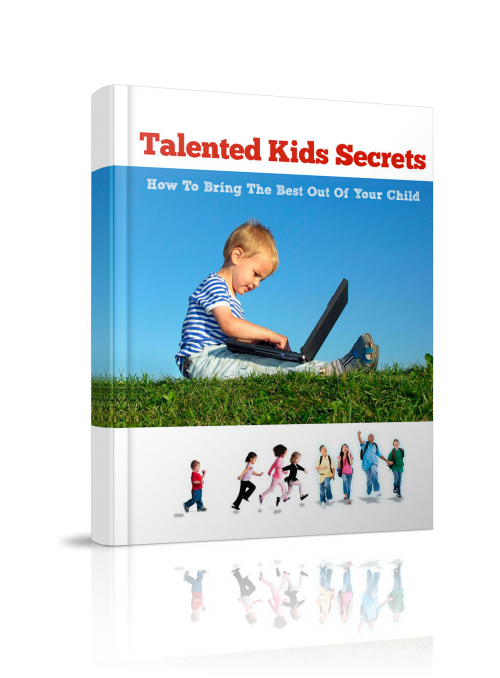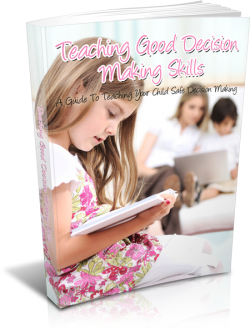
Spatial intelligence in children – training does matter!
A relatively neglected yet crucial tool that all children should have is spatial intelligence.
Are we able to improve a child’s spatial thinking skills? Many research and experiments suggest that we can – and by a substantial margin. What exactly is spatial thinking? Scientists defined it to be when we visualise shapes in our ‘mind’s eye’. Architects and engineers – when they design buildings, chemists – when they contemplate the 3D structure of a molecule, and even surgeons – when they navigate the human body, have extreme high spatial intelligence.
Here’s a classic mental rotation test – a measure of spatial intelligence. Are these two shapes different or are they identical and merely oriented differently?
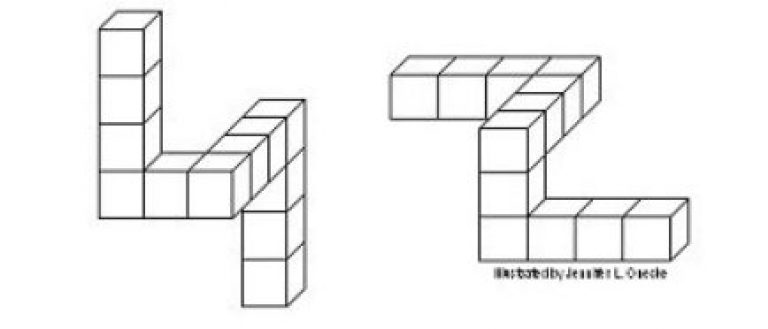
Spatial skills are only one component of a person’s overall intelligence. But research suggests that this aspect is an important predictor of achievement in science, technology, engineering and mathematics (Wai et al 2009). New research suggests that a preschooler’s visual spatial attention ability predicts his future reading skills (Franceschini et al 2012). Thus, the reason our General Ability Tests (GAT) for Direct School Admission (DSA) and Gifted Education Program (GEP) incorporated the spatial component.
So, can we help our children develop their spatial intelligence?
Definitely, there is compelling evidence showing that people, young and old, can improve their spatial abilities with practice. In fact, numerous experiments report the same results. After a period of consistent training, people, young and old, do improve their spatial thinking skills. Simple activities such as spatial rotation tasks and mental paper-folding tasks can help children improve their spatial intelligence significantly, sometimes even with short periods of training. Similar strong positive results have been yielded in other experiments where adults were randomly assigned to practice spatial skills by playing certain action video games. Hence, it’s never too late for anyone to improve their spatial intelligence!
What Parents can Do
Use Spatial Talk
Parents are capable of influencing young children’s spatial thinking by exposing them to a rich vocabulary of spatial terms such as ‘tall’, ‘wide’, ‘circle’, ‘rectangular’, ‘bent’, ‘edge’, ‘corner’ etc.
“Preschool children who hear their parents describe the size and shape of objects and then use those words themselves perform better on tests of their spatial skills, researchers at the University of Chicago have found.” read more at http://news.uchicago.edu/article/2011/11/09/learning-spatial-terms-improves-childrens-spatial-skills.
Play construction games
Challenge your kids to recreate a design from a picture.
The WISC IQ’s Block Design test is a standard way to measure spatial skills in children. Kids are shown the “blueprints” for a structure and given a set of blocks to recreate it. You can do the same thing at home with wooden blocks.
Play with tangrams and jigsaw puzzles
Puzzle-solving ability and spatial intelligence are highly linked. In a recent longitudinal study, it was shown that the more frequently young children worked on puzzles before the age of 4, the better they performed on a test of mental transformations of 2-dimensional shapes when they were 4 and a half (Levine et al 2011).
Practice mental rotation skills
You may like to use painted blocks and asked your child to draw out what the surface of the block will look like when you rotate it once, and when you rotate it twice.
There are also many paper-and-pencil brain teasers that involved mental rotation skills.
Our IQ Thinking Math programme engages your children in all activities that develop their spatial intelligence!
Join our kindergarten enrichment programs today. Click IQ Thinking English for more info.
Visit our FB (facebook.com/gurukidspro) for more resources and info.


